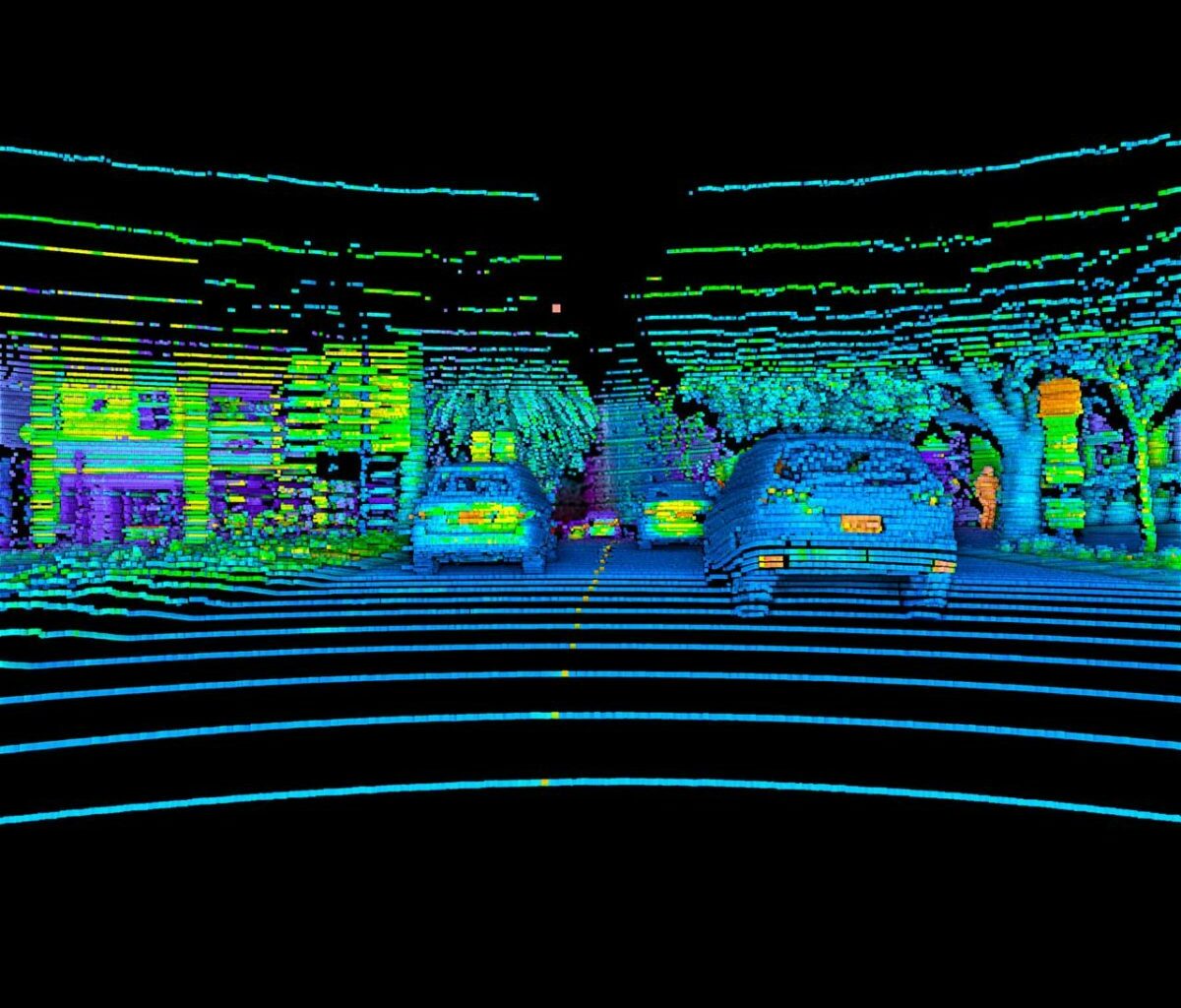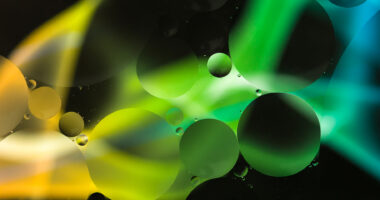Researchers led by a team from the University of California, Berkeley have been studying how adaptive AI-powered cruise control systems can greatly reduce traffic congestion and lower fuel consumption, with the goal of reducing phantom traffic jams that result from a domino effect of drivers unnecessarily hitting their brakes. The results of the latest experiment, conducted in real life during Nashville’s morning commute with a fleet of 100 AI-powered cruise control vehicles, indicate that just a few such cars can make a tremendously positive impact on the flow of traffic.
The concept of having artificial intelligence make data-based decisions about how a car should drive is part of a larger multi-faceted trend toward adaptable, software-defined automotive systems. This larger trend is marked by Advanced Driver Assistance Systems (ADAS), a category which covers a lot of ground, as well as the broader move toward autonomous vehicles.
All of these ‘smart’ vehicle systems, from cruise control through ADAS to fully autonomous automobiles, depend on two complementary pieces – data, and the interpretation of that data. The machines can’t learn if they don’t have data, and the data is useless without a ‘brain’ to interpret and act upon it. It turns out that, right alongside the advances in machine learning exemplified by the Cal Berkeley project, another Bay Area outfit has been making tremendous strides on the data side of the equation.
Cepton, Inc. (NASDAQ: CPTN), based in San Jose, California, offers lidar solutions for the automotive industry. Lidar stands for Light Detection and Ranging, and works on the principles of radar but uses light from a laser rather than electromagnetic waves. Lidar is widely used to create 3D models and maps and has many other useful applications, with capabilities that far exceed those of other sensors. Cepton has developed the technology to create a highly adaptable, affordable, and accurate way to map a vehicle’s surroundings in real time, providing valuable three dimensional data to the ‘brains’ of new vehicles so the automated AI systems can make the most informed decisions.
What are the advantages of lidar compared to other sensor technologies, like cameras? Lidar pioneer and Cepton CEO Dr. Jun Pei discusses.
Cepton’s Lidar Innovations
In 2004 DARPA held its first Grand Challenge, offering a $1 million prize to any team with an automated car that could navigate a challenging desert course. The goal was to spur the development of autonomous vehicle technologies for military use. Nobody won, but a year later a team from Stanford took home $2 million in a follow-up event, with its robot car making it all the way through the 132 mile course without human input. The array of sensors on these entrants was impressive, but in no way practical for the commercial market.

These challenges are generally credited with spurring autonomous innovation and ultimately creating the industry. Working in the heightened environment surrounding autonomous vehicles, Cepton’s team saw an opportunity to develop lidar, the best sensor technology available, for practical use in mass production.
There were several issues Cepton needed to resolve in order to accomplish its ‘lidar for the masses’ goal. First, cost needed to come down. The price of some of these earlier lidar systems could easily exceed the total vehicle cost of a new car. Second, reliability needed to be improved greatly. Creating sensitive electronic systems able to withstand the rigors of a vehicle’s external environment (high winds, rocks, wildly variable temperatures, moisture) is not an easy proposition. Third, the lidar would have to fit both aesthetically and functionally within the vehicle’s design. Nobody wants their car to have obvious and protruding sensor pods stuck all over it. The results have been very positive.
Cepton CEO Dr. Jun Pei discusses the company’s sponsorship of the AutoDrive Challenge, an updated version of the original Grand Challenge, organized by SAE and General Motors.
Cepton is succeeding because it has created a line of lidar sensors that are adaptable, dependable, cost effective, and can be easily integrated into most any vehicle design. The company has overcome two of the most persistent barriers to lidar adoption for mass production automobiles – price and placement. By shrinking the size of its lidar sensors, Cepton offers OEM’s the ability to discreetly incorporate them into the automobile design. In the rear bumper, the front grille, built into the side mirror, behind the windshield, in the headlamp – Cepton sensors can be seamlessly embedded almost anywhere on a vehicle to provide a full 3D view of everything surrounding the car.
The industry has taken notice as ADAS features like steering correction and automatic braking have flourished. On the way to the autonomous vehicle dream, car makers have been focused on increasing the safety of their vehicles and lidar sensors play a major role in these advancements. Cepton and its Tier 1 partner Koito Manufacturing won a significant ADAS lidar series production award from GM, thought to be the largest of its kind in the industry. Meanwhile, Cepton’s Nova Lidar was recently named the Automotive Sensor Hardware Solution of the Year for 2022’s AutoTech Breakthrough awards.
The Vista®-X120 Plus, Cepton’s newest lidar, was recently given the CES Innovation Award in the Vehicle Tech & Advanced Mobility category. The company will unveil the new product at January’s CES 2023 in Las Vegas. The Vista®-X120 Plus features an unprecedented combination of ultra slim design, top-end performance and software-definable adaptive 3D perception capabilities, allowing for superior flexibility and versatility across various driving conditions and preferences. As cars become more computer controlled the trend in the industry is toward software-defined vehicles with systems that can be updated, fine tuned, and changed on the fly without changes to the hardware itself, which is exactly what Cepton’s newest lidar accomplishes.
The possibilities for lidar technology are immense. Cepton, in collaboration with ALP.Lab and TE Connectivity, recently debuted a project called Periscope. Periscope uses lidar sensors along the roadway to warn connected vehicles of upcoming hazards that are out of view of the vehicle. Periscope can literally see around the corner to expand the vehicle’s awareness of its surroundings beyond what’s directly visible and detectable from the vehicle. This application spills over into what might be called smart cities, or Intelligent Transportation Systems, which is a burgeoning target market of its own for Cepton’s lidar sensors. But the goal is the same – to increase the safety level for drivers, pedestrians, bicyclists, and other vulnerable road users using the most advanced technology available.
Cepton CEO Dr. Jun Pei explains lidar’s crucial role in everyone’s mobility experience.
The Upshot
Automakers around the world are striving to create the safest vehicles possible by utilizing sensor data and machine learning technologies designed to adjust for human errors and limitations. Though fully autonomous vehicles are still a dream more than a reality, startling advancements have been made that make driving safer and more efficient than ever before. Lidar technologies stand at the forefront of these advancements, and a company with strong presence in both the cradle of innovation (Silicon Valley) and the U.S. automotive heartland (Detroit), is leading the way. Stay tuned for further developments from Cepton, Inc. as the company spreads its innovations around the globe.










